Akoben: Afrofeminist Collective
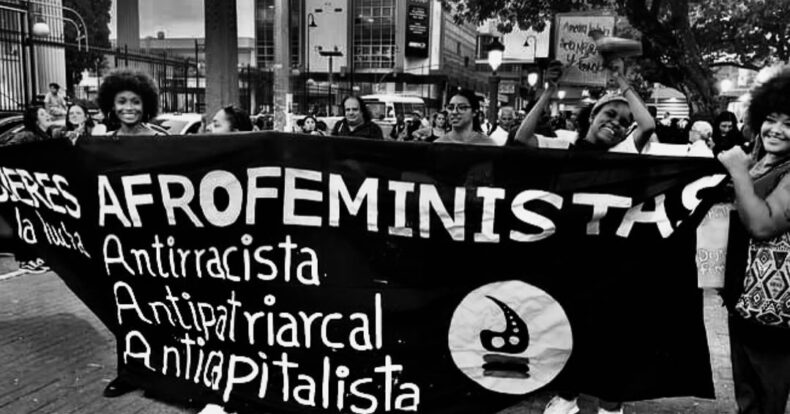
Akoben: Afrofeminist Collective
Akoben, the Afro-descendant and Black Women’s Collective, emerges as an anti-racist, anti-capitalist and anti-patriarchal political space in Costa Rica, founded by five Afro-descendant women in 2018. This initiative arises from the need to make visible the struggles and experiences of Afro-descendant and black women, who have historically been excluded from the dominant feminist movements.
Traditionally, the struggles of white women have been the focus of feminism, leaving aside black women whose struggles have not been recognized as an integral part of the feminist movement. This historical exclusion has contributed to the perpetuation of stereotypes and the marginalization of Black women in both popular culture and politics.
María Laura Stephen
Racism, Feminism and Hypersexualization
The intersection between sexism and racism has been crucial in the exclusion of Black women from abolitionist and suffragist movements, despite their participation. Black feminism emerges as a critique of hegemonic feminism, recognizing the importance of intersectionality in understanding the specific oppressions faced by women of African descent and Black women.
In Latin America and the Caribbean, Afro-descendant women face multiple and structural inequalities bequeathed by the slave-owning colonial past. Most of them lack the socioeconomic resources and power necessary to achieve physical, economic and decision-making autonomy. Linking the fight against racism with overcoming gender discrimination and the search for the autonomy of Afro-descendant women requires us to assume as a society the great challenges for their individual and collective recognition as subjects of rights.
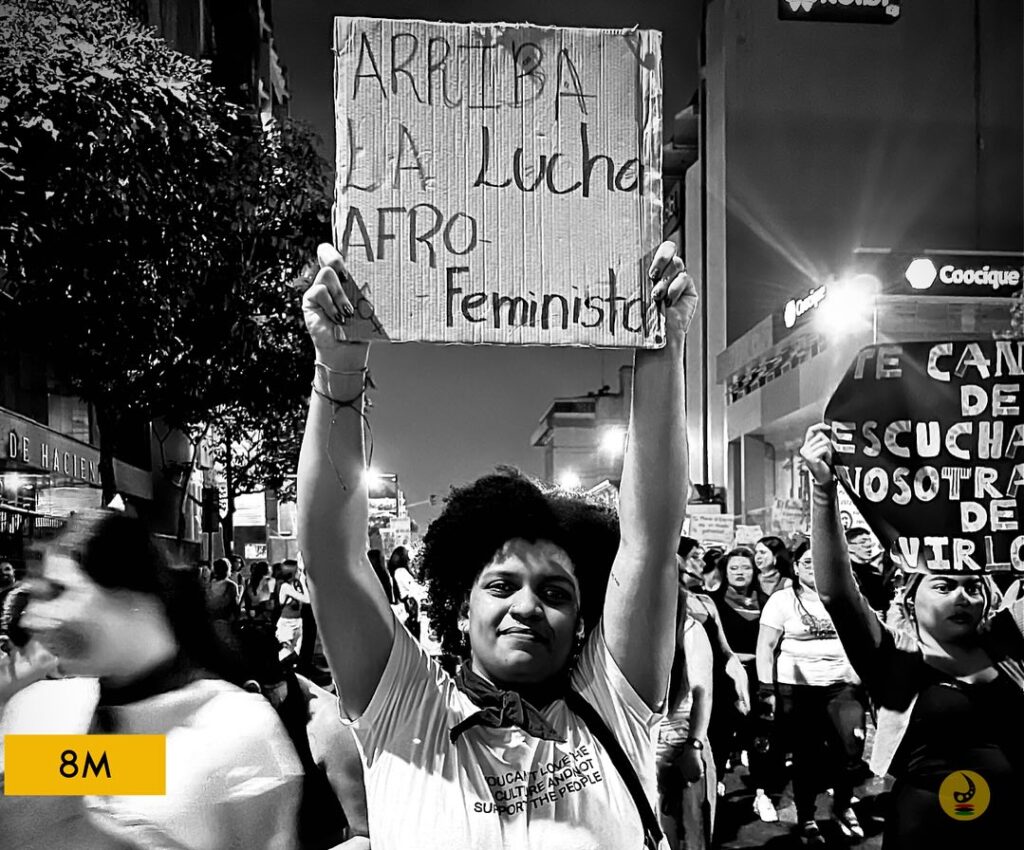
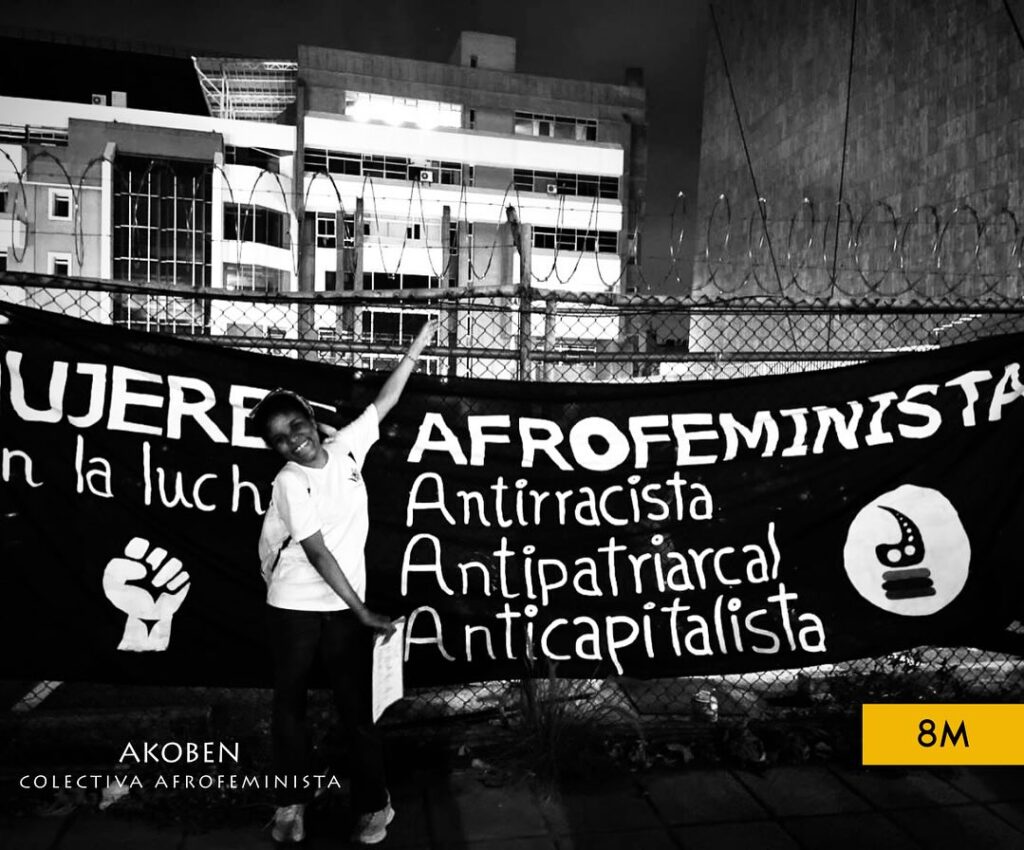
Within this context, this collective arises with the objective of representing a vital space for the visibility, protection and promotion of the rights of Afro-descendant and black women, challenging the structures of oppression and promoting intersectionality in the feminist and anti-racist struggle. Akoben’s mission is to make visible and defend the rights of Afro-descendant and black women in the face of the capitalist, patriarchal and racist system. Through advocacy and education, Akoben seeks to question the racist and sexist structures in Costa Rican and Latin American society.
One of the additional objectives was to provide support. In the growing environment in the greater metropolitan area, it is not as common to encounter black or Afro-descendant people in schools, colleges or workplaces, which makes it difficult to discuss and address certain issues more freely in a safe environment that fosters dialogue from cultural diversity. Although we are all women, it is important to recognize the various aspects that may affect us, especially due to ethnic-racial, class, nationality and other issues, to avoid falling into a superficial feminism.
María Laura Stephen
Intersectionality in Akoben
The collective acknowledges the intersection of feminism and anti-racism, recognizing the intertwined experiences of gender and racial discrimination. Akoben seeks to challenge the prejudices and stereotypes ingrained in society that affect women of African descent.
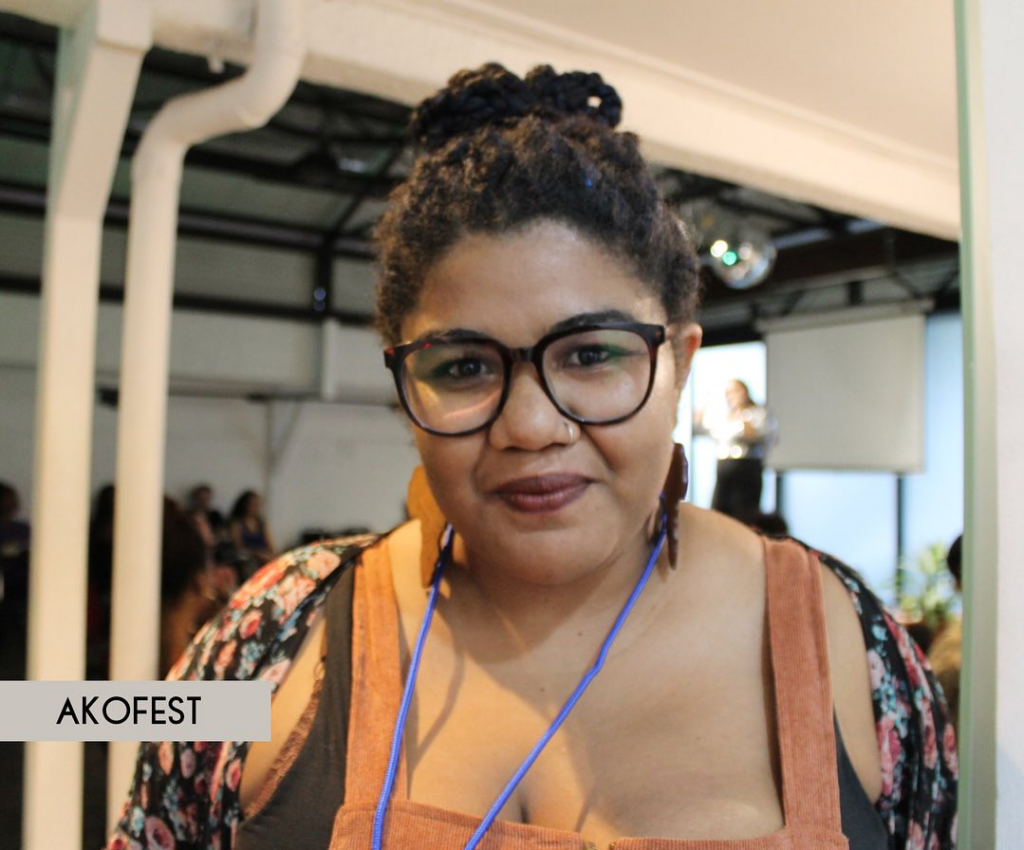
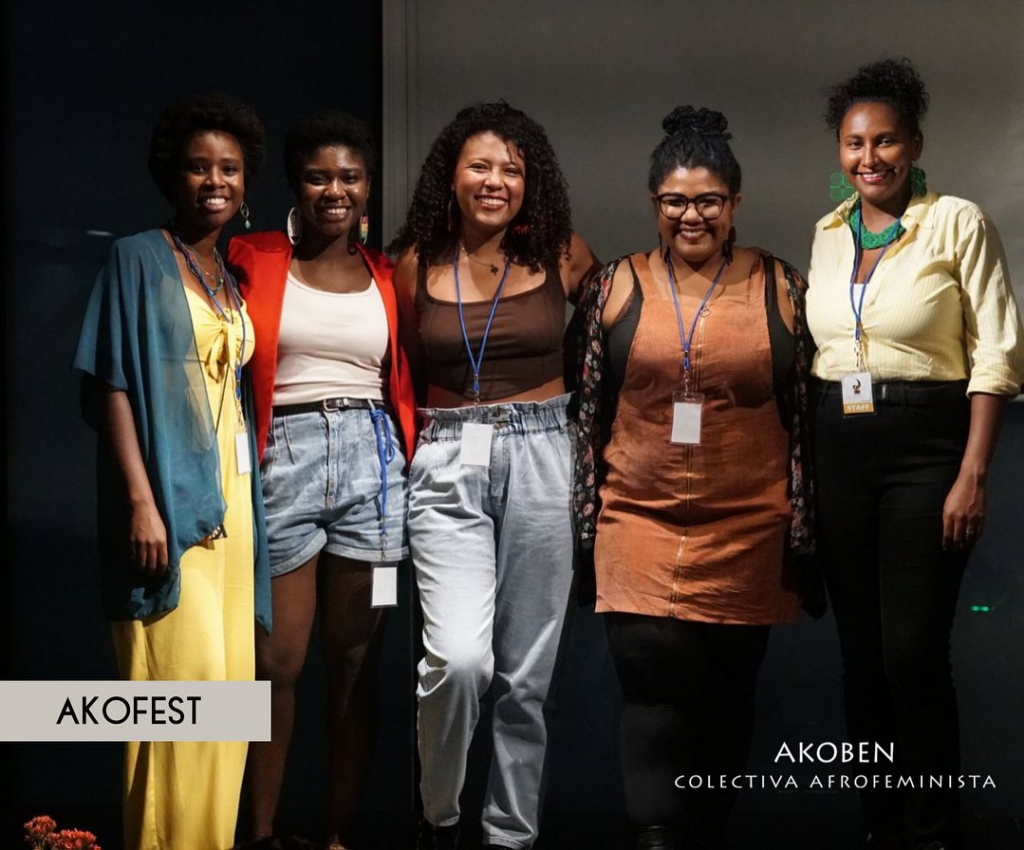
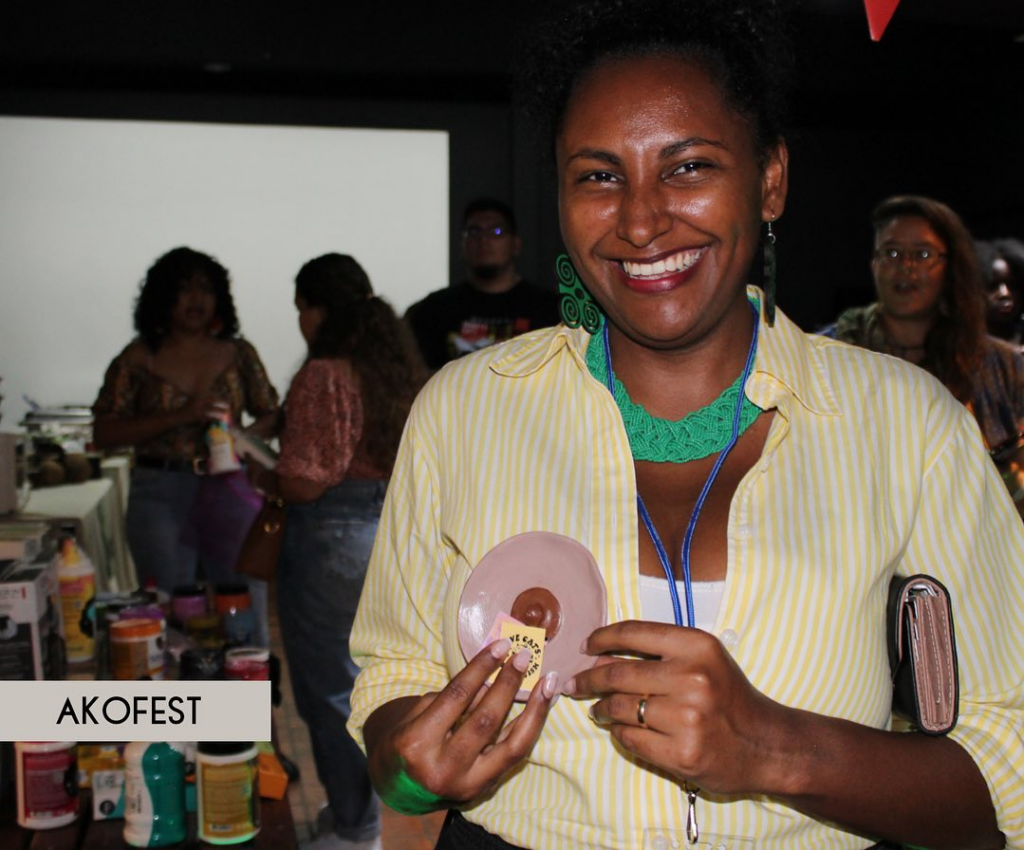
Antiracist School and Podcast
Akoben develops projects such as “Braiding our ancestry”, “Recovering Africanness as a form of resistance”, “Black women take the floor” and “Queen Nzinga Maxwell”. Its objectives include building Afro-centered processes of encounter, Afro-feminist training and generating spaces for exchange with related organizations.
Akoben has projects such as the Anti-Racist School and a podcast to address discrimination in the workplace and challenge stereotypes related to race and ethnicity. Women of African descent face additional challenges due to stigmatization, which affects their professional and personal development.
Sensorial Sunsets in collaboration with María Laura Stephen, professor of Philosophy and active member of Akoben.
Navigate articles




